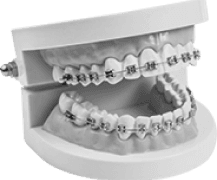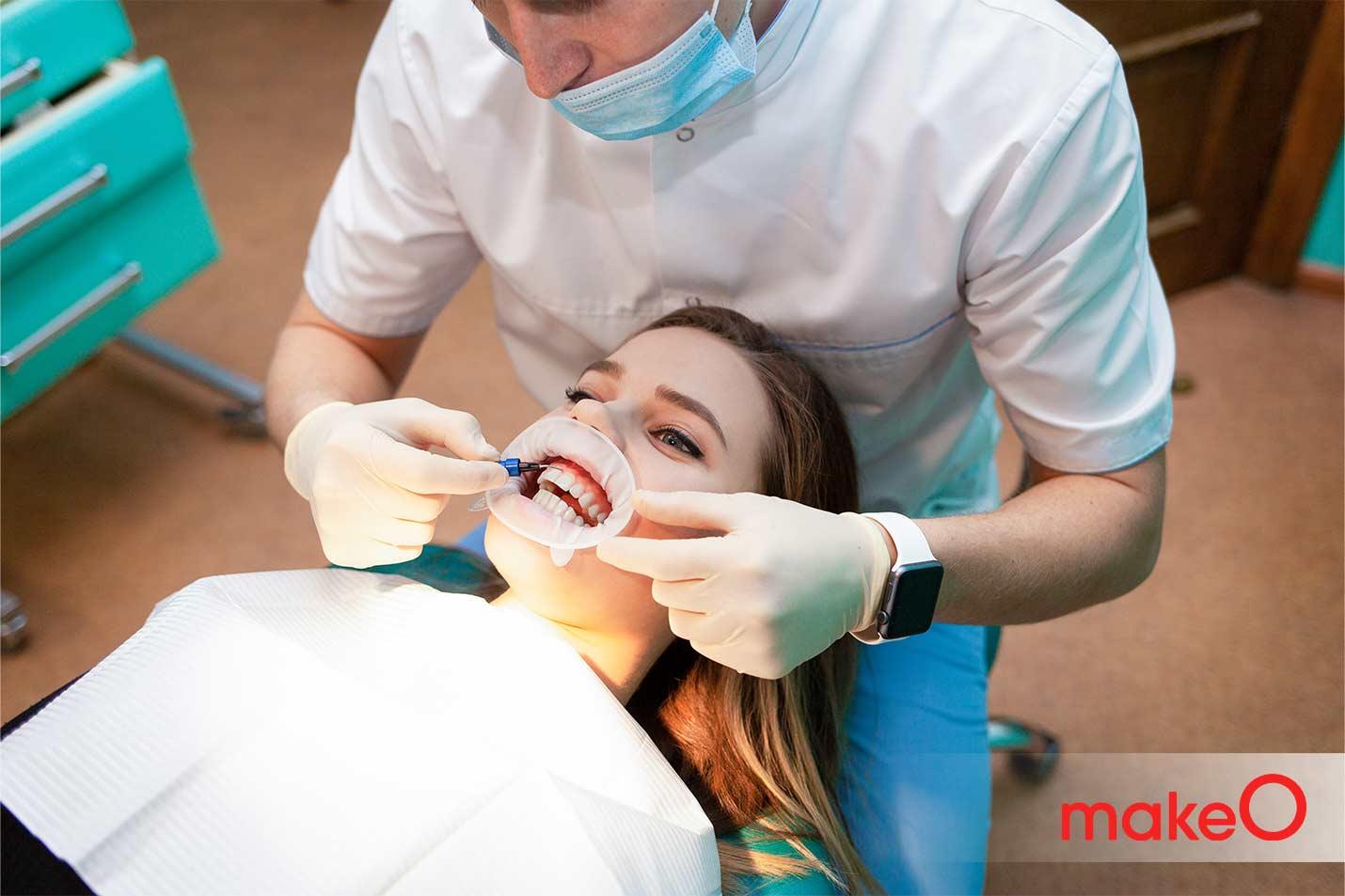MakeO blog
In recent times, we have increasingly acknowledged the significant role that sleep plays in ensuring our overall well-being. However, sleep disruptions caused by conditions such as sleep apnea can profoundly affect our daily lives.
If we dig deeper, we find an intricate connection between sleep apnea and oral health, illustrating that the key to healthy sleep could indeed be through proper oral care. Let us explore this connection and understand how one can benefit from enhancing their oral health regime with makeO toothsi dental care products.
What is Sleep Apnea?
Sleep apnea is a serious sleep disorder that occurs when a person's breathing is interrupted during sleep, potentially leading to health complications such as heart disease, stroke, and hypertension.
Individuals with sleep apnea often experience periods where they stop breathing, lasting from a few seconds to several minutes, which interrupts their sleep cycle and deprives them of restorative sleep.
Common Signs & Symptoms That You Must Know
Understanding the signs and symptoms is the first step towards managing this condition effectively. Here are the common signs and symptoms which are associated with sleep apnea.
- Frequent pauses in breathing during sleep, often noticed by a partner
- Chronic snoring, which can be loud and disruptive
- Gasping for air while sleeping
- Morning headaches
- Daytime fatigue and drowsiness
- Difficulty concentrating
- Irritability and mood swings
Understanding these symptoms is important as they often form the first line of defense in managing this disorder.
4 Common Oral Problems Associated with Sleep Apnea
1. Dry Mouth
Individuals with sleep apnea often experience dry mouth, a condition that causes frequent mouth breathing due to obstructed airways during sleep. A dry mouth environment is a breeding ground for bacteria, which can lead to a range of oral issues such as bad breath, gum disease, and tooth decay.
2. Bruxism
People with sleep apnea often grind their teeth, a condition known as bruxism, which can lead to tooth wear and other dental problems. It generally occurs involuntarily during sleep, leading to wear and tear of the teeth, sensitivity, and in severe cases, loss of teeth. Over time, the excessive pressure on the teeth can lead to other complications such as Temporomandibular Joint Disorder (TMJD).
3. Tooth Decay
As discussed above, the dry mouth condition associated with sleep apnea enhances bacterial growth. This situation, combined with a lack of oral hygiene, can easily lead to tooth decay. The acid produced by the bacteria erodes the enamel, the outer protective layer of the tooth, creating a fertile ground for cavities.
4. Tongue Indentations
A lesser-known sign of sleep apnea is tongue indentations or scalloped edges on the tongue. This phenomenon occurs due to the tongue frequently pushing against the teeth, mostly because of the efforts to open up the obstructed airways during sleep. While it may not seem like a serious issue, it can lead to bite problems and other oral health issues over time.
Sleep Apnea Treatment
Addressing sleep apnea often involves a multifaceted approach that includes lifestyle changes, the use of supportive devices, and in some cases, surgery. Maintaining optimum oral health is the key to treating this disorder.
Dental appliances personalised to one’s oral structure can aid in keeping the airways open, facilitating better sleep. Here, solutions like makeO toothsi clear aligners treatment emerge as a beacon of hope, promising not just a beautiful smile but also correcting your bite which is one of the main causes of bruxism.
Fix Your Orthodontic Issues at makeO toothsi
The bottom line is that sleep apnea not only disrupts one’s peaceful slumber but also brings along a host of complications affecting oral health. Acknowledging and acting upon the intrinsic connection between sleep apnea and oral health is a prudent step in nurturing not only a radiant smile but also enjoying restorative, healthy sleep.
Remember, a simple upgrade in your oral care regime with makeO toothsi dental care products like electric toothbrushes, water flossers, teeth whitening kit goes a long way. The journey to alleviating symptoms of sleep apnea begins with addressing underlying orthodontic issues. makeO toothsi stands tall as your trusted partner in this mission, offering at-home clear aligner treatment that is designed to correct your smile and transform your oral health for the better.
Choose oral health, choose makeO toothsi!
FAQs:
How can improving your oral health aid in managing sleep apnea?
Enhancing your oral health can prevent complications such as dry mouth and bruxism which are directly associated with sleep apnea.
Can treating bruxism alleviate sleep apnea symptoms?
Yes, absolutely. Managing bruxism, which is often noticed in individuals with sleep apnea, can indeed reduce sleep apnea symptoms, promoting better sleep and overall improved oral health.
How do makeO toothsi clear aligners work in improving oral health?
makeO toothsi clear aligners work by gradually aligning your teeth to their correct positions, promoting better oral health, and potentially reducing signs of sleep apnea.
What role does oral care play in preventing sleep disorders?
Maintaining a solid oral care routine ensures a healthy mouth, which is pivotal in preventing sleep disorders such as sleep apnea that have a deep-seated connection with oral health issues.
Are there any specific oral care tips for individuals with sleep apnea?
Focusing on hydration, regular dental check-ups, and using products designed for better oral care such as those offered by makeO toothsi can go a long way in managing sleep apnea symptoms.
related categories
Related articles
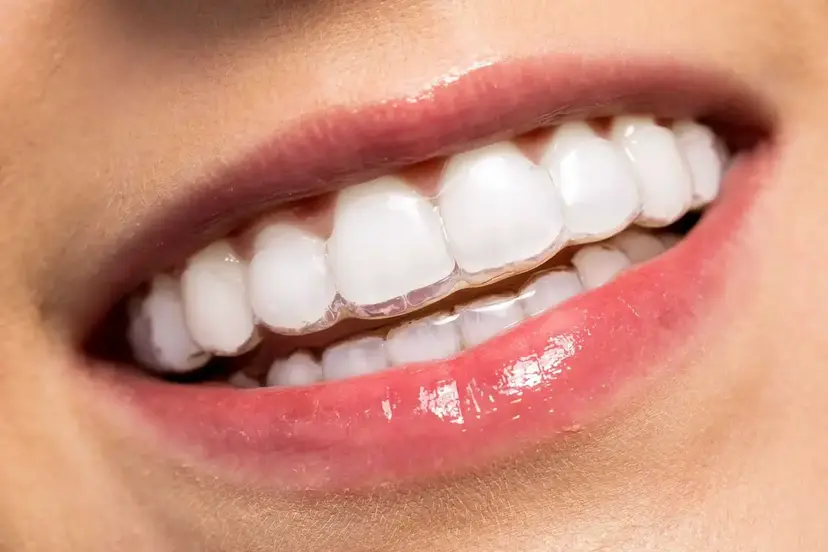
Types of Braces: Removable vs Fixed Braces, Which is Right For You?
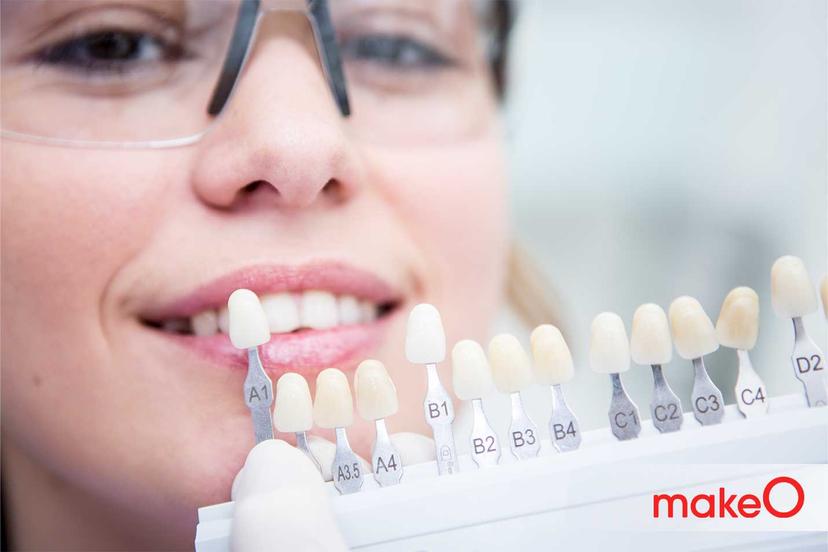
This Diwali, Smile Bright With makeO Teeth Whitening Kit
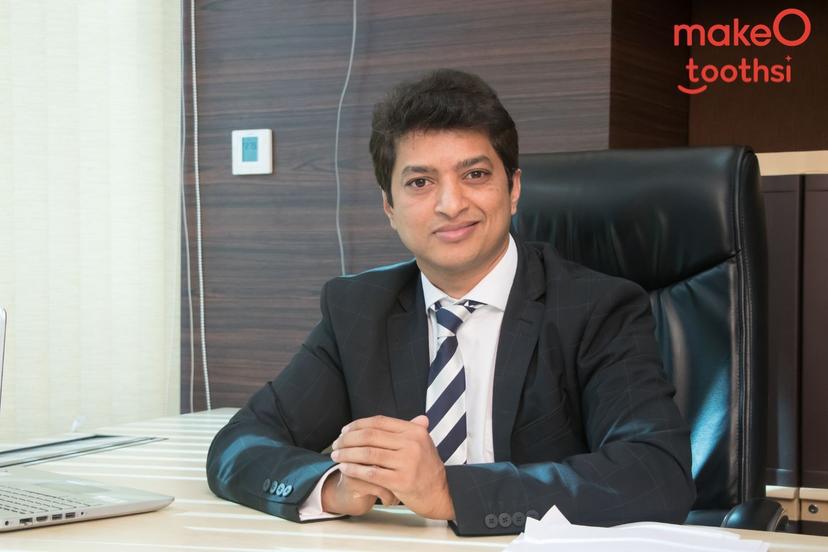
Dr. Pravin Shetty: Pioneer in Lingual Orthodontics & Innovative Smile Solutions
How do I Know I’m the Right Candidate for makeO toothsi Teeth Aligners?
